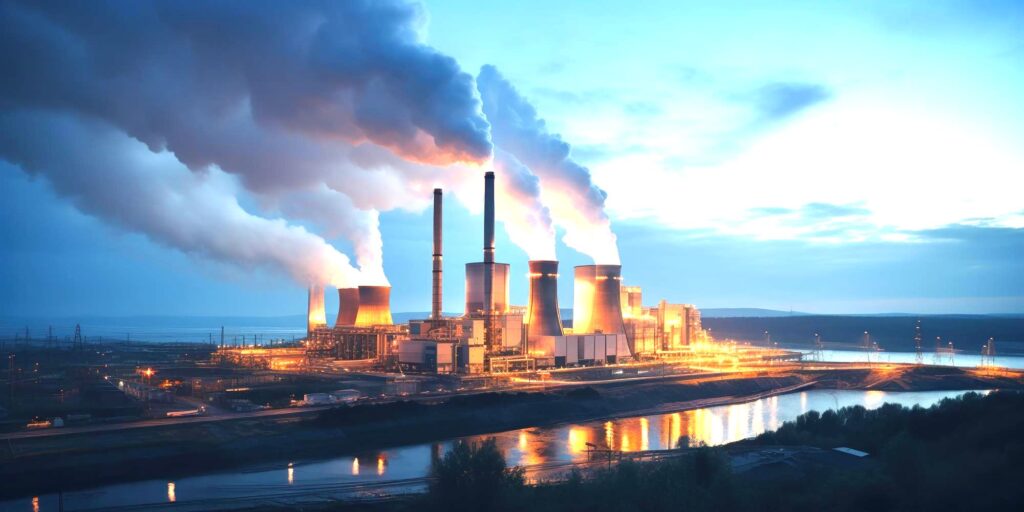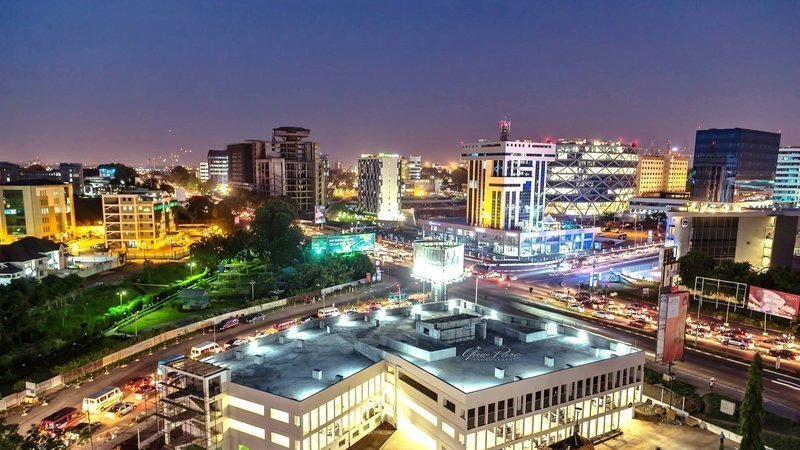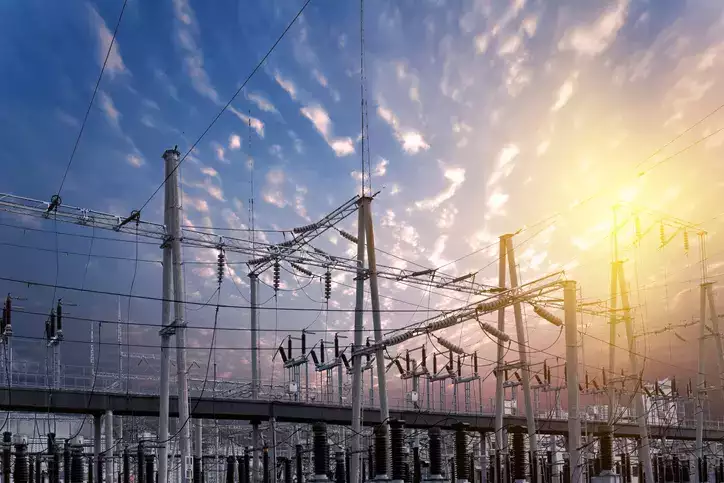
Ghana’s Need for Nuclear Energy
Ghana’s Need for Nuclear Energy https://nuclearpowergh.com/wp-content/uploads/2024/05/wepik-export-20240312142044gYwP-1024x512.jpeg 1024 512 Nuclear Power Ghana Nuclear Power Ghana https://secure.gravatar.com/avatar/a2f208adc9aa8e106986fc73d08cfdf8?s=96&d=mm&r=g- Nuclear Power Ghana
- no comments
Electricity supply in Ghana had been mainly through hydro sources until the late 1990s where the government introduced thermal plants to complement hydro sources. However, demand for electric power in the country has continuously seen a yearly upward increase. Ghana has an installed generation capacity of about 5,043MW with a peak demand of 3,090 MW in 2020.
The idea of inclusion of nuclear energy to the countries energy mix was birthed by the first president of the country, Dr. Kwame Nkrumah, when in 1964 he cut the sod for the Ghana Nuclear Reactor Project (GNRP) which was intended to introduce nuclear technology in Ghana as well as find ways the country could safely exploit nuclear energy for growth and development. After his overthrow, the nuclear power agenda was put on hold and it was not until the electricity power crises of the 2000s, before the issue of adding nuclear energy to the energy mix was revisited.
The following are some of the key reasons why Ghana needs to go nuclear.
1. Projected increase in demand
The continuous extension of electricity to rural sectors in the country as well as increased industrialization in the country has seen Ghana having its demand for electricity far exceed the supplv. During the past decade, the country has experienced multiple incidents of frequent power outages as a result of the inability of our electricity supply to meet demand. The country has had to resort to IPPs to cushion it from the destructive effects of these frequent outages. However, lessons learnt has shown that Ghana’s projected demand requires a baseload option that is resilient, secure and sustainable such as nuclear.
2. Limited Hydro Resources
The country has a potential hydro exploitable resource of about 2,420MW with 1,580MW representing about 65.3% alreadv developed at Akosombo, kpong, and BUl. The remaining 84оMW can be obtained from over 20 sites (constructions of over 20 dams) mainly from medium and small hydro power plants with capacities below 95MW.
3. Limited Gas and Crude Resources
Thermal plants were initially introduced to complement the hydro dams already in operation in the country. However, due to the high cost of crude oil on the International market, the option of using cruel fuel to power our thermal plants has become very expensive and unattractive for the Ghanaian economy. The use of Gas to fuel our thermal plants, though cheaper is unsustainable due to the projected decline in the country’s gas reserves by 2030 and the unreliable supply of gas through the West African Gas Pipeline (WAGP).
4. Industrialization
For a developing country like Ghana to embrace fullv industrialisation, she needs to boast of a reliable reliable source of energy to fuel this drive. Example, energy crises suffered by the country forced the Volta Aluminum Company (VALCO) to completely shut down its operations in 2004. All the remarkable economic and social developments in developed countries could not have been accomplished without the provision of a reliable and affordable energy service to industries, social services, and households.
Energy Diversification
Ghana’s current energy mix consists of Hydro, Thermal, and solar energy. It is however necessary for the diversification among forms of power generation to limit reliance and market influence of any one form of power generation.
…Nuclear energy is another clean energy area we will be considering down the road and we will do so by implementing the Nuclear Energy roadmap and action plan…
Dr. Mahamudu Bawumia, Vice President – National Energy Transition Forum, Accra – Feb. 2022
- Posted In:
- Blog



Leave a Reply